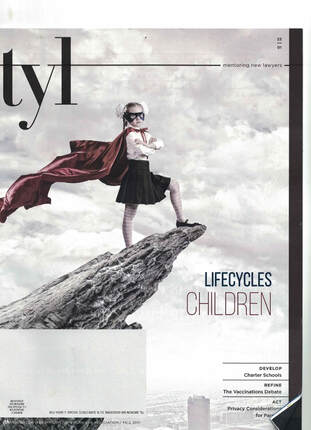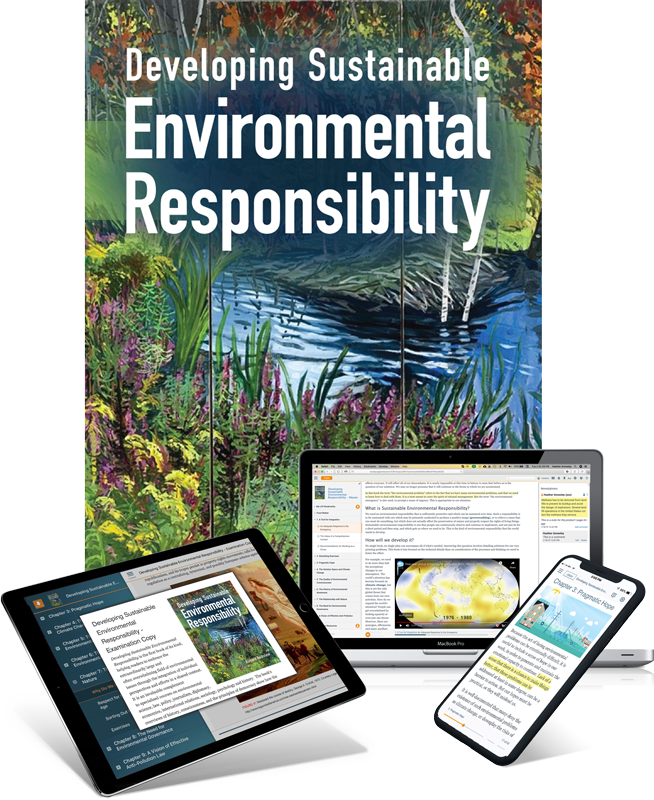Law for Sustainability

“Today’s decision to grant former Presidents criminal immunity reshapes the institution of the Presidency. It makes a mockery of the principle, foundational to our Constitution and system of Government, that no man is above the law”. Dissent in Trump v. US.
Today, as we try to process such things as Joe Biden’s inability to swat aside Donald Trump’s lies, continuing Middle East horrors, and how the Supreme Court won’t protect women, among other calamities, (to mention just two - Darfur, and the success of the right in French elections), we have now as well the Loper Bright, Jarkesy and Corner Post cases,[i] which make it much easier for corporate polluters and fraudsters to sue and stymie the agencies Congress created to protect us from them. Meanwhile in Trump v US the conservative majority on our highest court gave the former president the benefit of the doubt concerning whether he can be sued.[ii]
I yearn for the sophistication that enables everyone instantly to see tortured reasoning, and the sophistication that gets us past deploring how bad things are to the actions we can take. It seems rather simplistic to jump to urging Biden step aside because he isn’t the savior we desire. Whether an internal struggle in the Democratic party will give us a better candidate is a complicated question deserving careful consideration.[iii] But we should not just ask for good leaders if we want a better future. We need to also come together effectively – thoughtfully – as united citizens, if we are to mitigate impending environmental calamities, protect health, rights, community. A sophisticated approach recognizes that it’s up to us.
There are ways forward, even though they may seem indistinct. We will benefit from reasserting principles of civic virtue and practicing real democracy. Agencies now need defending. We can stop being resentful of our bureaucracies and appreciating them for what they do right. Our administrative state has its bureaucratic problems, but it has largely been built through consensus and reason. It is not evil. Quite often, it is competent. Occasionally, it is magnificent. It is ours if we use it and it works well when we value it.
I yearn for the sophistication that enables everyone instantly to see tortured reasoning, and the sophistication that gets us past deploring how bad things are to the actions we can take. It seems rather simplistic to jump to urging Biden step aside because he isn’t the savior we desire. Whether an internal struggle in the Democratic party will give us a better candidate is a complicated question deserving careful consideration.[iii] But we should not just ask for good leaders if we want a better future. We need to also come together effectively – thoughtfully – as united citizens, if we are to mitigate impending environmental calamities, protect health, rights, community. A sophisticated approach recognizes that it’s up to us.
There are ways forward, even though they may seem indistinct. We will benefit from reasserting principles of civic virtue and practicing real democracy. Agencies now need defending. We can stop being resentful of our bureaucracies and appreciating them for what they do right. Our administrative state has its bureaucratic problems, but it has largely been built through consensus and reason. It is not evil. Quite often, it is competent. Occasionally, it is magnificent. It is ours if we use it and it works well when we value it.






 RSS Feed
RSS Feed

